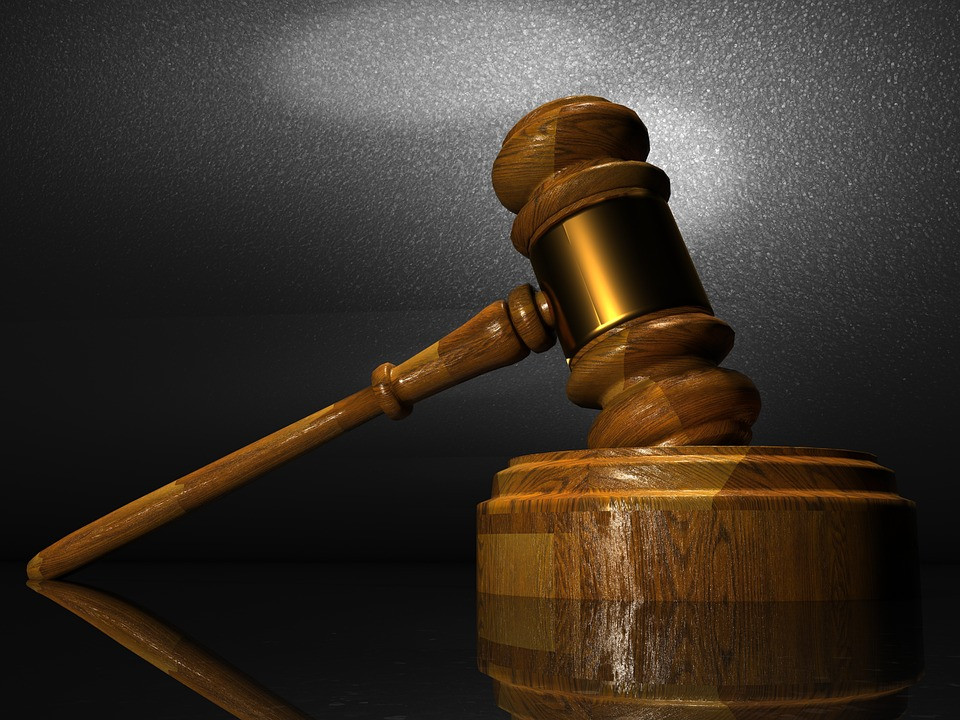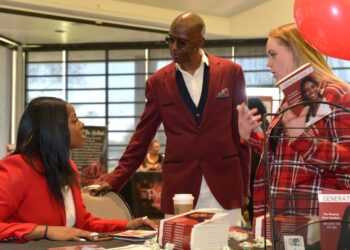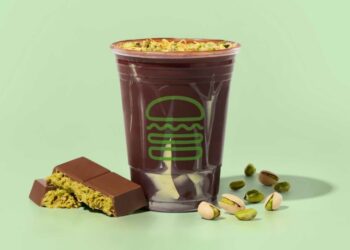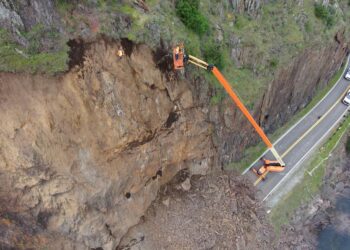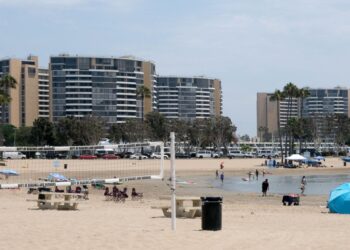Q: There is a law that lets you find out if your drink has been roofied, but not sure how it works. Can you spell it out?
B.L., Reseda
A: First, studies have suggested that drink spiking may be underreported. It also can be difficult to catch the perpetrator. A victim may become disoriented or incapacitated, mistaken for being drunk, and preyed upon.
Now, bars and nightclubs in California will soon be required to offer customers a way to test if their drink has been spiked. The new law becomes effective July 1. The establishment is to offer drug-testing devices to patrons, either free of charge or for a reasonable cost. Further, the establishment must post a notice that says: “Don’t get roofied! Drink spiking drug test available here. Ask a staff member for details.”
You can read more online by typing “AB 1013 drink spiking” in your web browser.
Penal code section 347
This is the California statute that addresses willfully “mingling” any poison or harmful substances with food, drink, medicine or pharmaceutical product when the person knew or should have known that the substance would be taken and cause injury. Such conduct is a felony, punishable by imprisonment for two, four or five years. In addition, if a poison or harmful substance is used that may cause death, or which results in the infliction of great bodily injury, an additional term of three years can be added.
Q: I saw this young guy get liquored up at the bar, but did not keep track after I moved to sit at a table. Later, I heard the person got into a car crash. Any chance the bar is on the hook for that?
R.M., San Gabriel
A: The statute on point is California Civil Code Section 1714, which sets forth that a bar providing alcoholic beverages to an intoxicated person will not, in most instances, be held liable for harm that the individual causes. There are exceptions: (a) If an adult knowingly serves alcohol to a person under 21 years old, the adult can be liable for any…
Read the full article here

